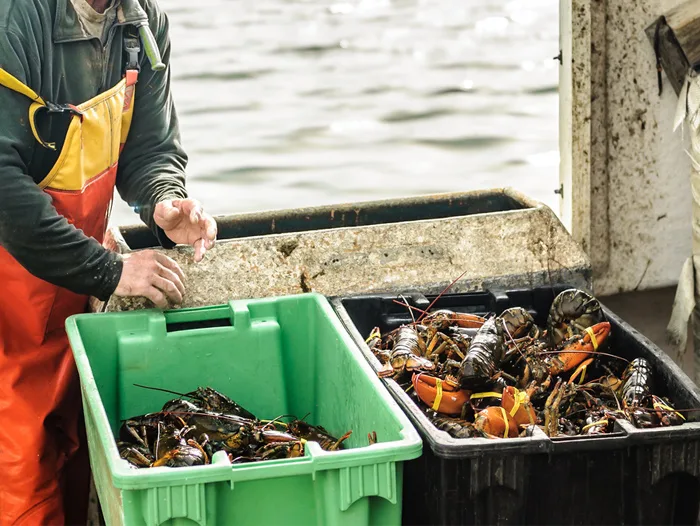Halifax – Fisheries and Oceans Canada (DFO) officials remain actively engaged in Southwest Nova Scotia, meeting with Indigenous harvesters, groups and organizations, as well as commercial fishing associations. Open, honest and clear dialogue remains the best way to raise concerns and to find solutions for everyone involved in the lobster fishery.
Fishery officers are closely monitoring lobster fishing in the region and addressing unauthorized activity. Since July 17, fishery officers have seized 655 traps in Lobster Fishing Areas 33 and 34. On September 7 and 10, fishery officers made arrests for infractions of the Fisheries Act, in addition to the arrests and seizure of lobster in Moncton on August 30. As a result of these efforts, thousands of lobsters have been released live, back into the ocean. Investigations into these infractions are underway, and fishery officers will continue to seize unauthorized gear and catch.
Our fishery officers are in the field each day, working with everybody to ensure fishing activity taking place is authorized by DFO and that Indigenous harvesters are able to carry on with their food, social and ceremonial (FSC) fishing activities without interference from others. Any interference with this fishery will not be tolerated, and anyone found to be interfering is subject to enforcement under the Fisheries Act. The sale, barter, or trade of FSC catch is illegal and subject to Fisheries Act enforcement. Anyone caught selling, buying, or offering to buy or sell FSC-caught lobster may be arrested, have their catch and gear seized, and be charged. Any person who believes they have seen a violation of the Fisheries Act should provide this information to their local DFO Conservation and Protection detachment.
Our partners in the Nova Scotia Royal Canadian Mounted Police (RCMP) have prepared operational plans, which will ensure a coordinated, appropriate and measured approach, in line with the RCMP’s role of promoting public safety. The RCMP has additional resources in the area as a precautionary measure. Any person who sees criminal activity, including theft, intimidation and violence, should reach out to the RCMP. No person has the right to harass, intimidate or harm another person, nor interfere with the property of another. Disputes between harvesters hinder our work to provide for an orderly and sustainable fishery. We urge everyone to respect the law and to respect each other. We will continue to work with our partners in law enforcement to promote a peaceful fishery.
As we watch Hurricane Lee approach, we would like to remind harvesters to monitor the progress of the storm and to secure any gear, boats or other equipment before the storm reaches our waters. Doing so early is the best way to prevent potential harm to people and to the marine environment through gear that may become lost during the storm. Finally we would like to thank fishery officers working every day in your communities to conserve and protect fisheries for all harvesters and the RCMP for their work in very complex and evolving conditions.








